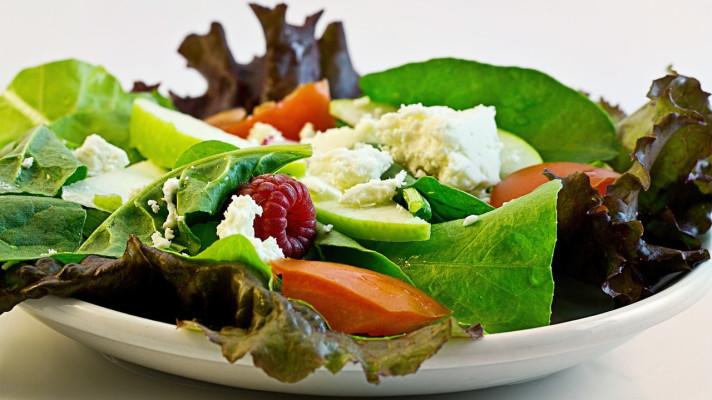Benefits of Greek Olive Oil
Olive oil for many Westerners may be just simple cooking oil, but to the people of Greece it is much more than that. In the ancient Mediterranean civilisations, olive oil was inseparable from civilised life itself. Olive oil was not only an important food item but it was also burned in lamps to provide light, it could be used as a lubricant, and it was blended with essences to produce fragrant oils.
In Greece today, olive oil is almost sacred. The Greek people are the world´s biggest per capita consumers of olive oil: the national average consumption varies from 18 litres to over 30 litres per person; the higher consumption certainly belongs to the people of Crete where annual per person consumption averaged 31 litres, according to a 1996 study.
The basic ingredient for sauces in Greek cuisine is olive oil, where it may be soy sauce for Chinese or Worcestershire sauce for the English. Greek olive oil is more than sauce, of course, but it is the condition sine qua non (without which, nothing) and without it there could be no Greek cuisine as we know it. In the English-speaking world, a recipe for a Greek dish typically calls for two tablespoons of oil. That same recipe in a Greek household calls for half a cup. Anywhere on Crete it calls for a full cup.
An authentic Greek or Cretan dish will, to a traveller, seem awash in olive oil. Perhaps you´ll say that so much oil makes for too many calories and too much fat. You must remember that these recipes are for people who traditionally lead physically demand lives. They need the fuel, and Greek olive oil, especially the Cretan variety, is healthy food and fuel.
Numerous studies have indicated that a Mediterranean diet low in saturated fats but rich in monounsaturated fats such as olive oil, in addition to whole grains, fruits, and vegetables, helps prevent heart disease and even cancer. Another study reported a few years ago in the New England Journal of Medicine found that adherence to a Mediterranean diet in a Greek population substantially reduced risks of mortality, especially risks of death from heart disease and cancer. The traditional diet that was assessed included lots of olive oil, an abundance of vegetables and fruits, nuts, cereals and moderate intakes of fish and wine. The whole diet that was thought to confer these benefits, but the dietary monounsaturated fat content (mainly from olive oil) plays an important role in this protective effect.
That study only confirmed a finding on the beneficial effects of the Cretan diet, which first attracted attention after an influential study published in 1960 found that Cretan men had the lowest rate of heart disease and cancer of all seven countries studied (Finland, USA, Netherlands, Italy, Yugoslavia, Japan and Crete). The mystery is attributed to a diet high in fruits, vegetables, whole grains, and exclusive and plentiful use of extra virgin olive oil, produced in Crete naturally.
Since the publication of that study, the Cretan diet and lifestyle changed as the island prospered and became urbanised. As Cretans introduced more meat and cheese in their diets, and no longer worked out in the fields, heart disease and cancer rates rose. In recent years, Crete has placed increasing emphasis on its traditional diet and its dietary principles. A certification program for restaurants was introduced in 2004 to promote traditional Cretan cuisine.
It should be recalled that the ideal climates of Greece and Crete contribute most favourably to the superiority of its olive oil: it has richer, fruitier flavour, intense aroma, and distinctive green colour. The blazing sunshine in Greece and its islands produces a bounty of anthocyanins, flavonoids and phenols - natural plant substances that fight oxidation caused by the sun´s ultraviolet light.
The benefits of Greek olive oil have been sufficiently demonstrated. The best way to know would be to incorporate the olive oil into your diet.
ZDROJ:http://www.explorecrete.com
